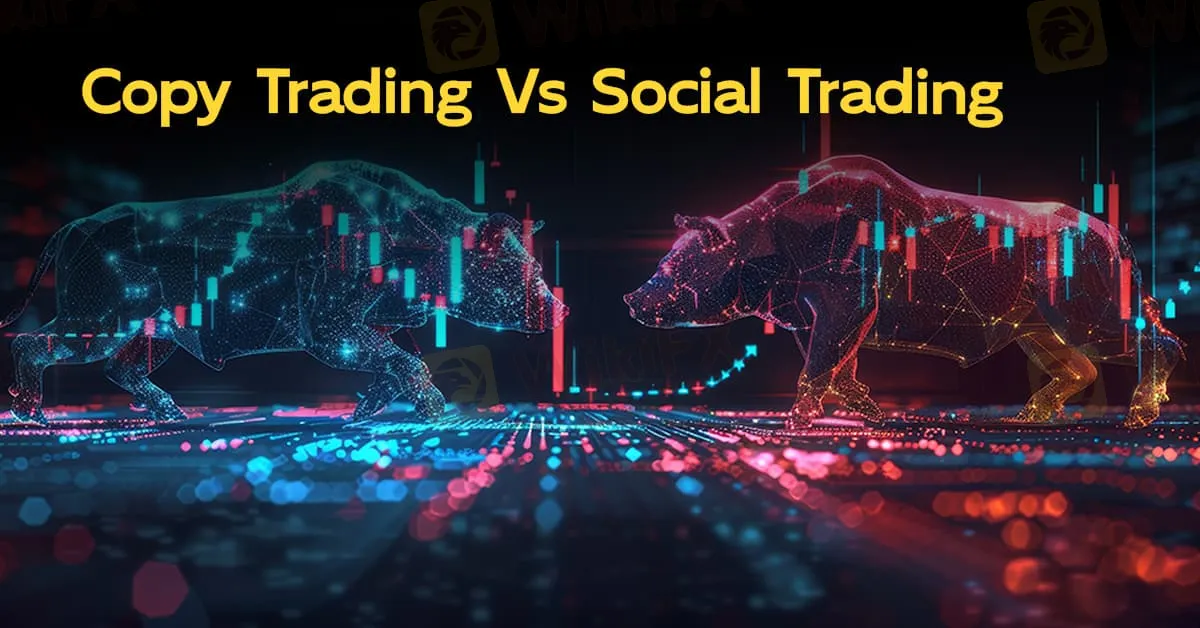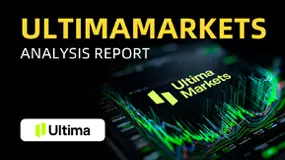Abstract:Copy Trading and Social Trading offer distinct approaches to trading and investment, catering to the diverse needs and preferences of market participants. Let's dive into the nuances of each method to better understand their differences and potential benefits.

Copy Trading and Social Trading offer distinct approaches to trading and investment, catering to the diverse needs and preferences of market participants. Let's dive into the nuances of each method to better understand their differences and potential benefits.
About Copy Trading
As the name suggests, Copy Trading enables individuals to replicate the trades of experienced investors automatically. It simplifies the investment process by allowing users to select proficient traders whose strategies align with their goals and risk tolerance. Once a trader is chosen, the copy trading platform mirrors their trades in real-time, requiring minimal effort from users beyond the initial setup.
The ease of use is a hallmark of Copy Trading, making it an appealing option for beginners and busy professionals. It eliminates the need for in-depth market knowledge or extensive research, as users can rely on the expertise of successful traders to guide their investment decisions. With automation at its core, Copy Trading offers a hands-off approach, allowing individuals to passively participate in the markets while their chosen trader handles the intricacies of trading.
About Social Trading
In contrast to Copy Tradings focus on replication, Social Trading embraces a broader spectrum of interactions within a community of traders. It creates a collaborative environment where individuals can interact, share insights, and discuss market trends in real time. While users still have the option to copy trades directly, Social Trading platforms encourage active engagement and idea exchange among members.
One of the key advantages of Social Trading is its flexibility and customization. Users can choose their level of involvement, whether they prefer to passively observe, actively participate in discussions, or even share their own trading strategies with the community. This diversity of approaches allows individuals to tailor their experience according to their preferences and trading style.
Key Differences and Considerations
The primary distinction between Copy Trading and Social Trading lies in their focus and level of community interaction. Copy Trading offers a straightforward path to passive investing, ideal for those seeking a hands-off approach and relying on the expertise of others. In contrast, Social Trading fosters a dynamic ecosystem where traders can engage, learn, and collaborate across a broader range of trading styles and preferences.
When choosing between the two methods, its essential to consider your investment goals, level of involvement, and appetite for community interaction. Copy Trading may be suitable for individuals looking for simplicity and convenience, while Social Trading appeals to those who value collaboration and learning within a vibrant community.
Conclusion
While Copy Trading and Social Trading share similarities in their objective of facilitating market participation, they offer distinct experiences tailored to different needs and preferences. Whether you opt for the passive approach of Copy Trading or the interactive environment of Social Trading, both methods offer innovative ways to navigate the complexities of financial markets and pursue your investment objectives.










